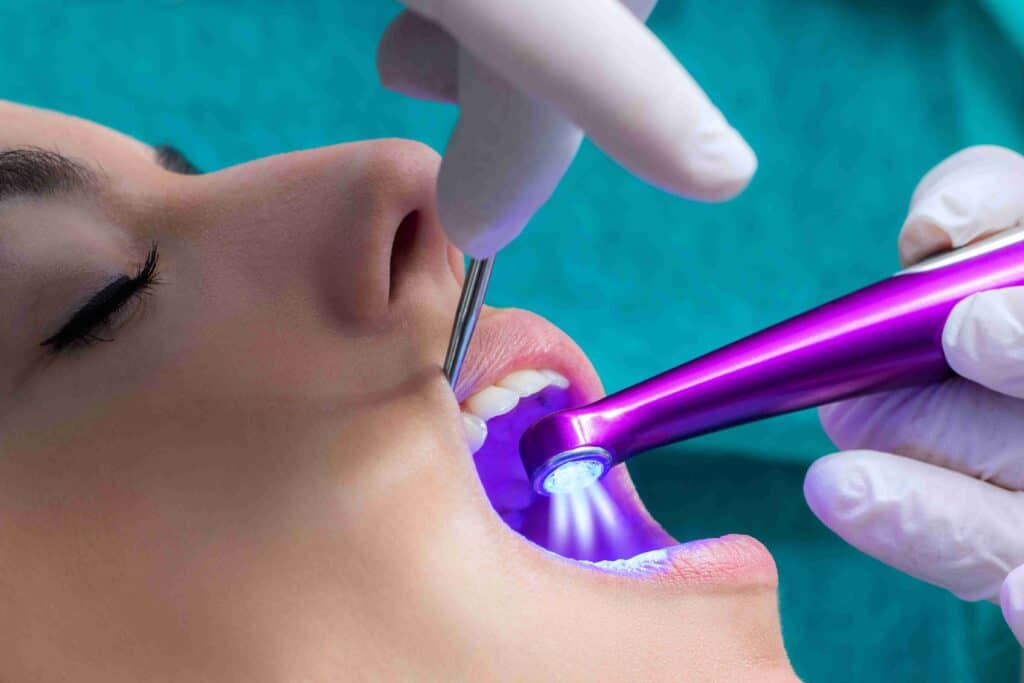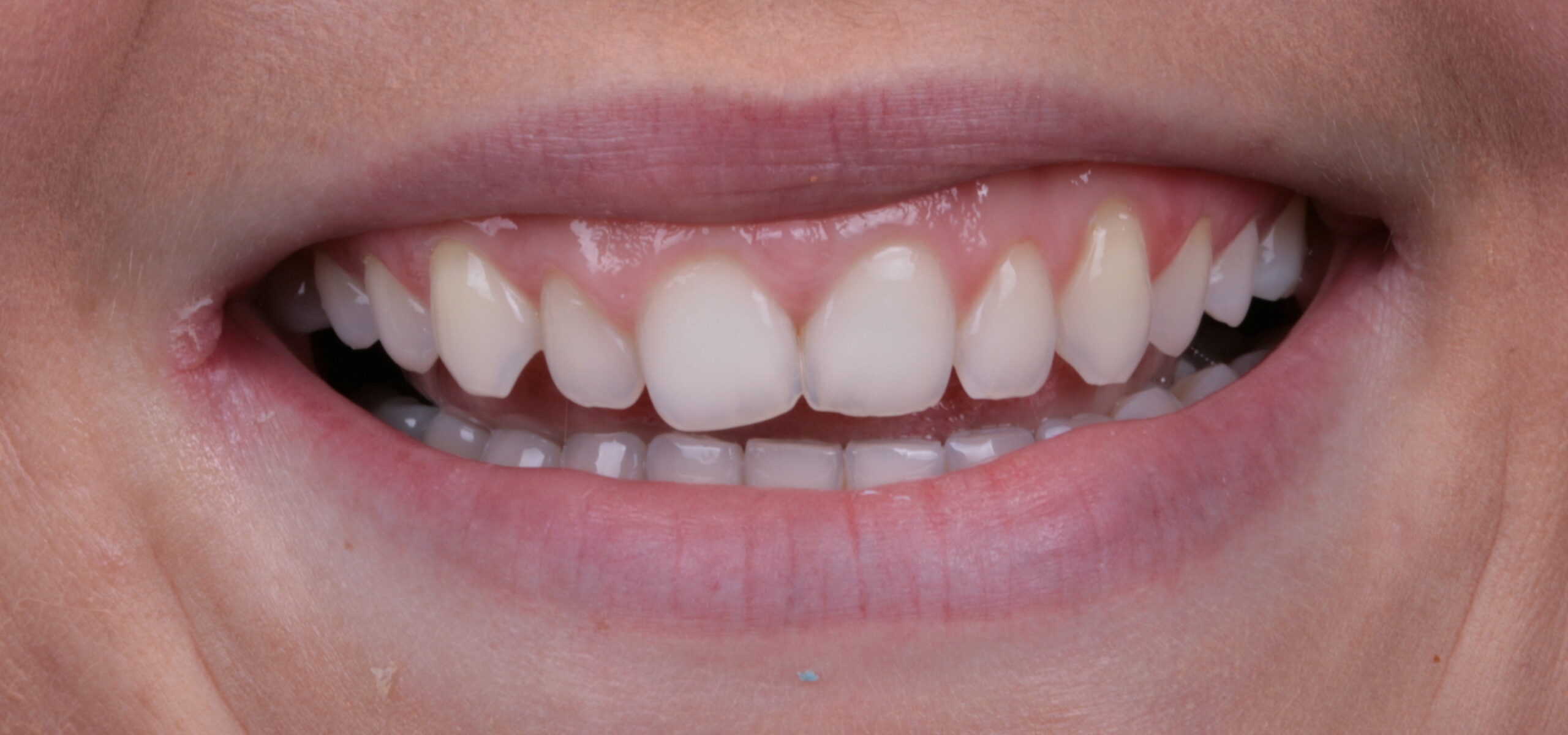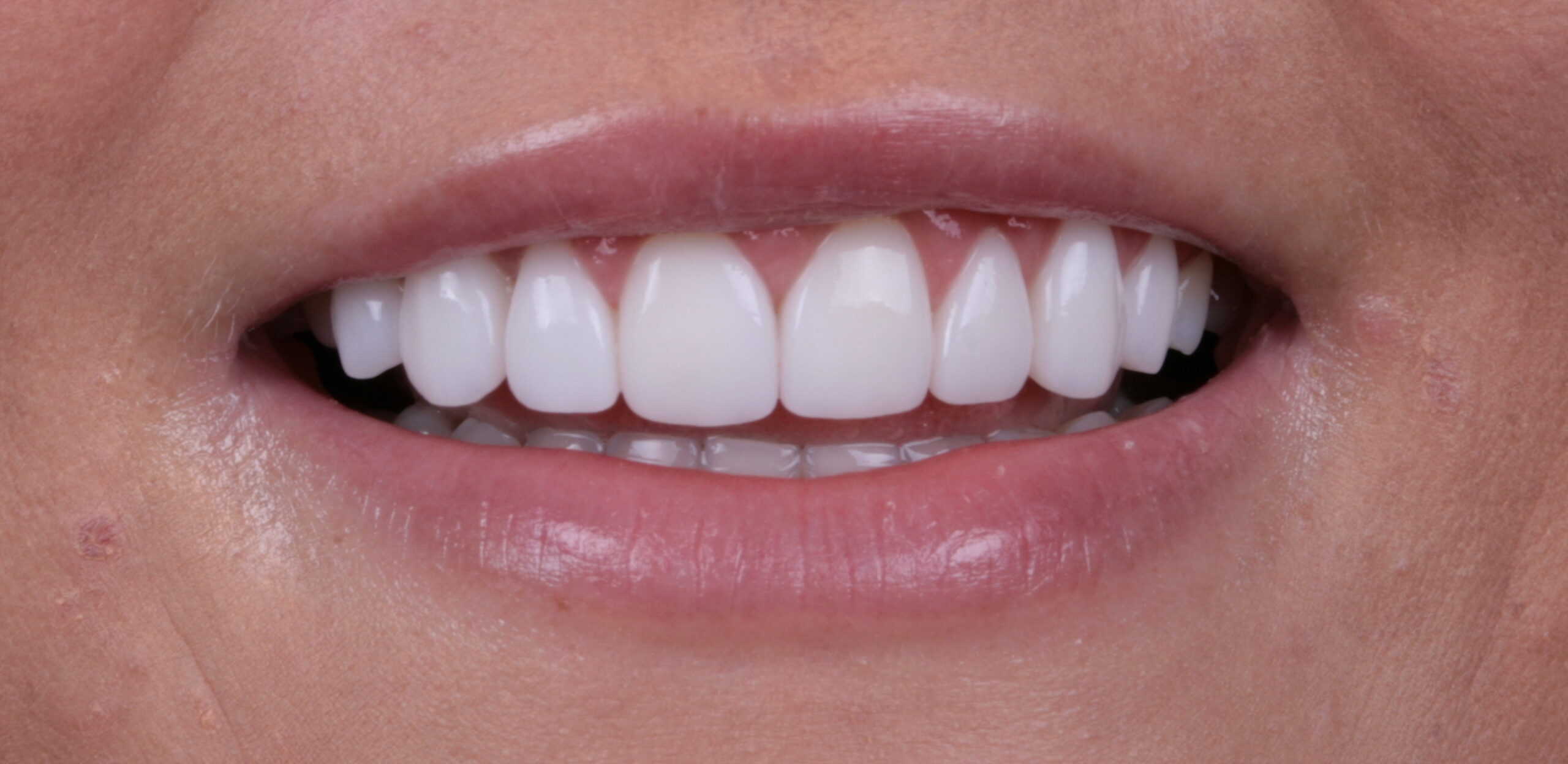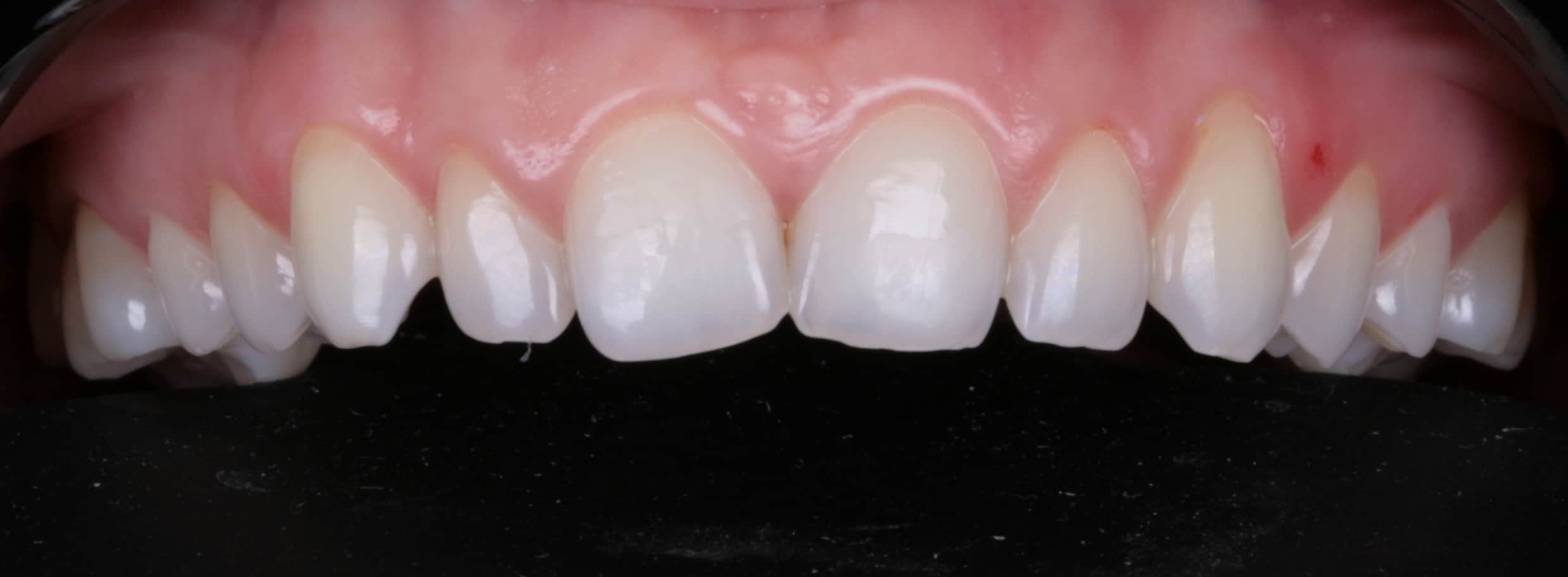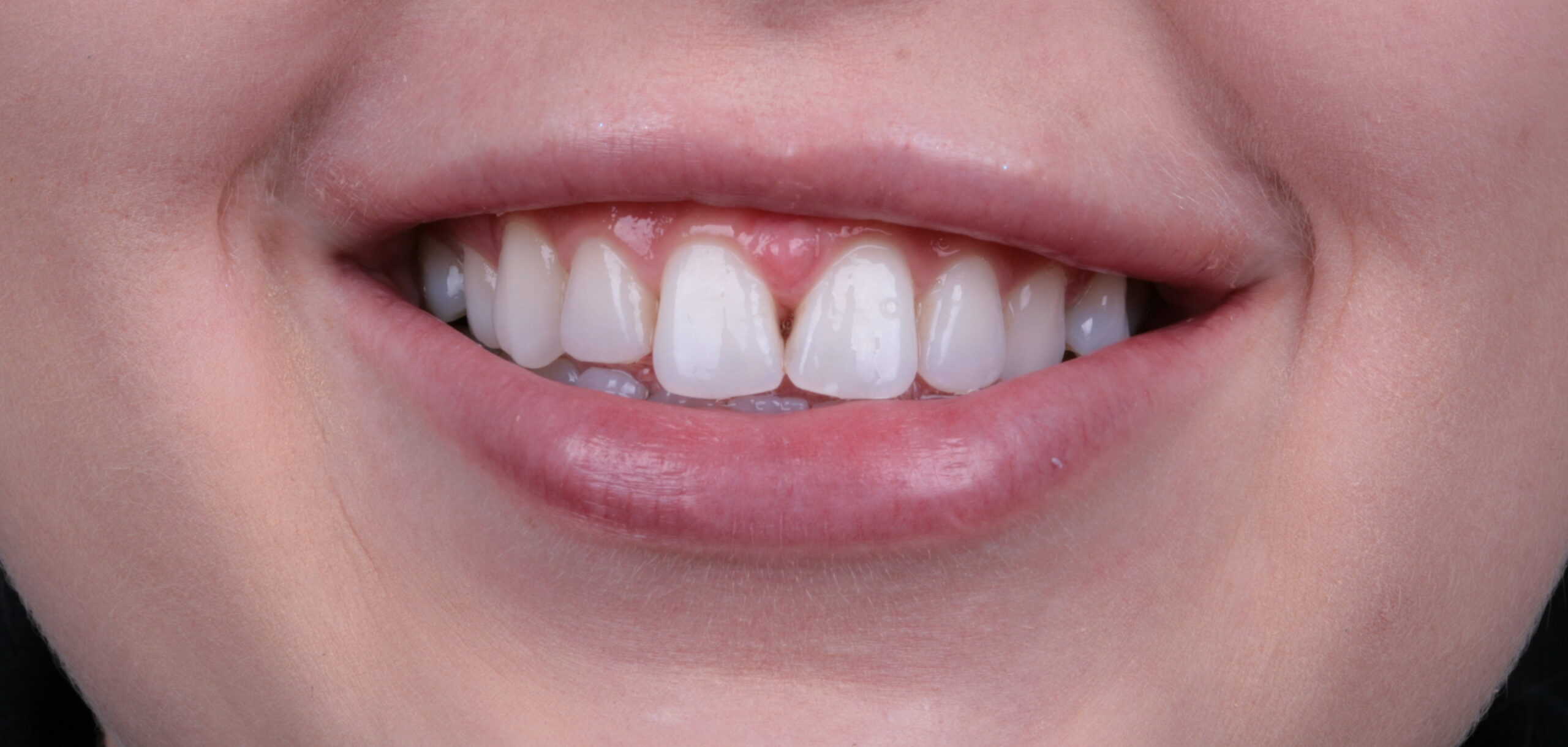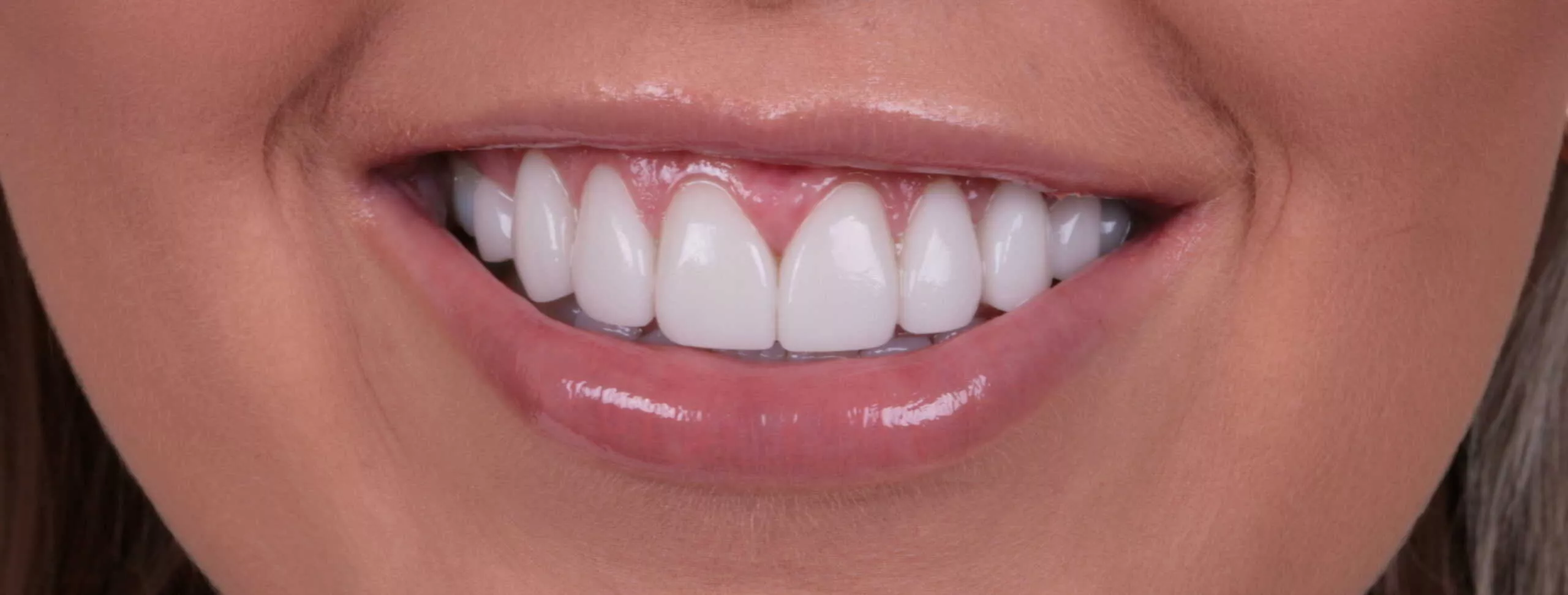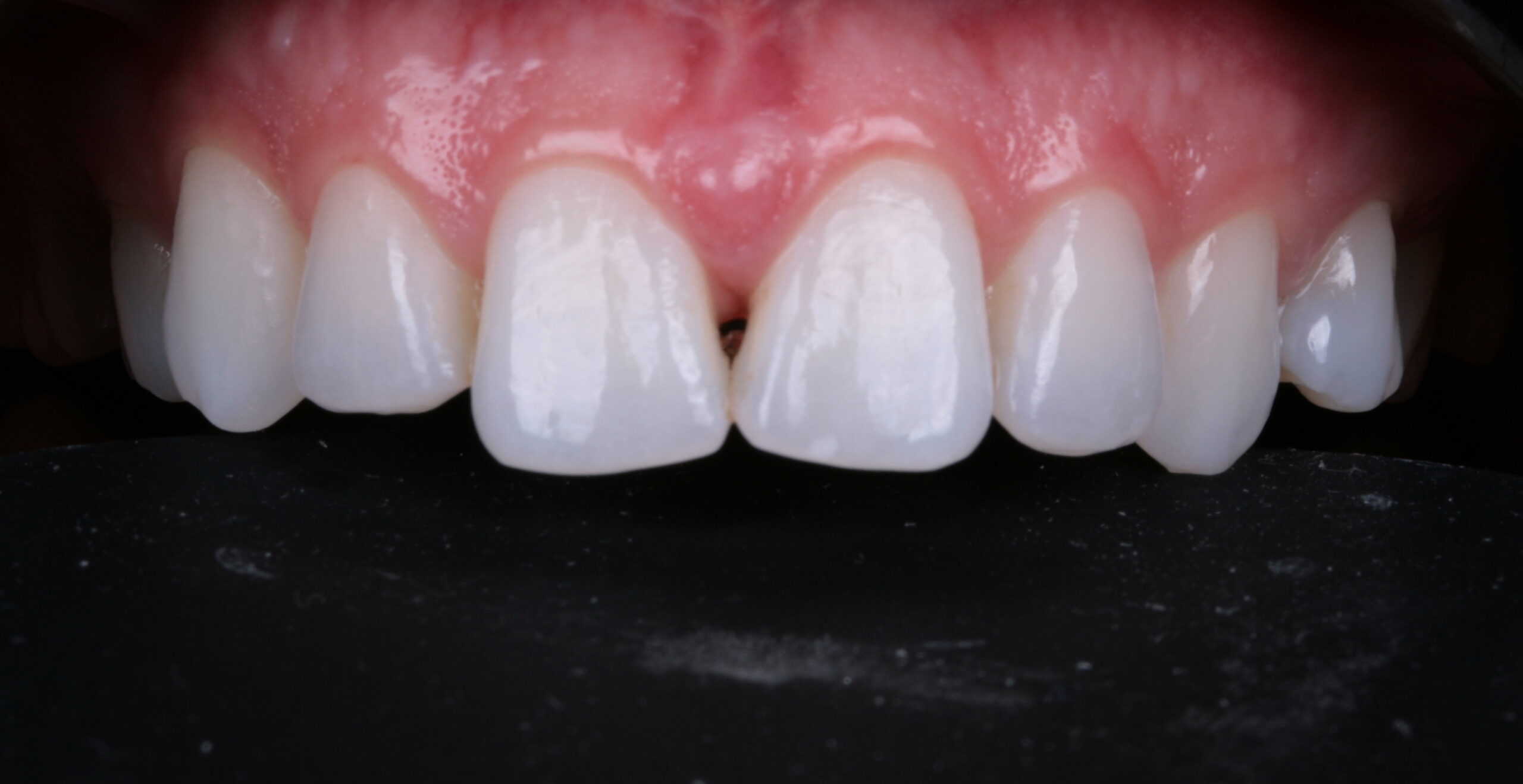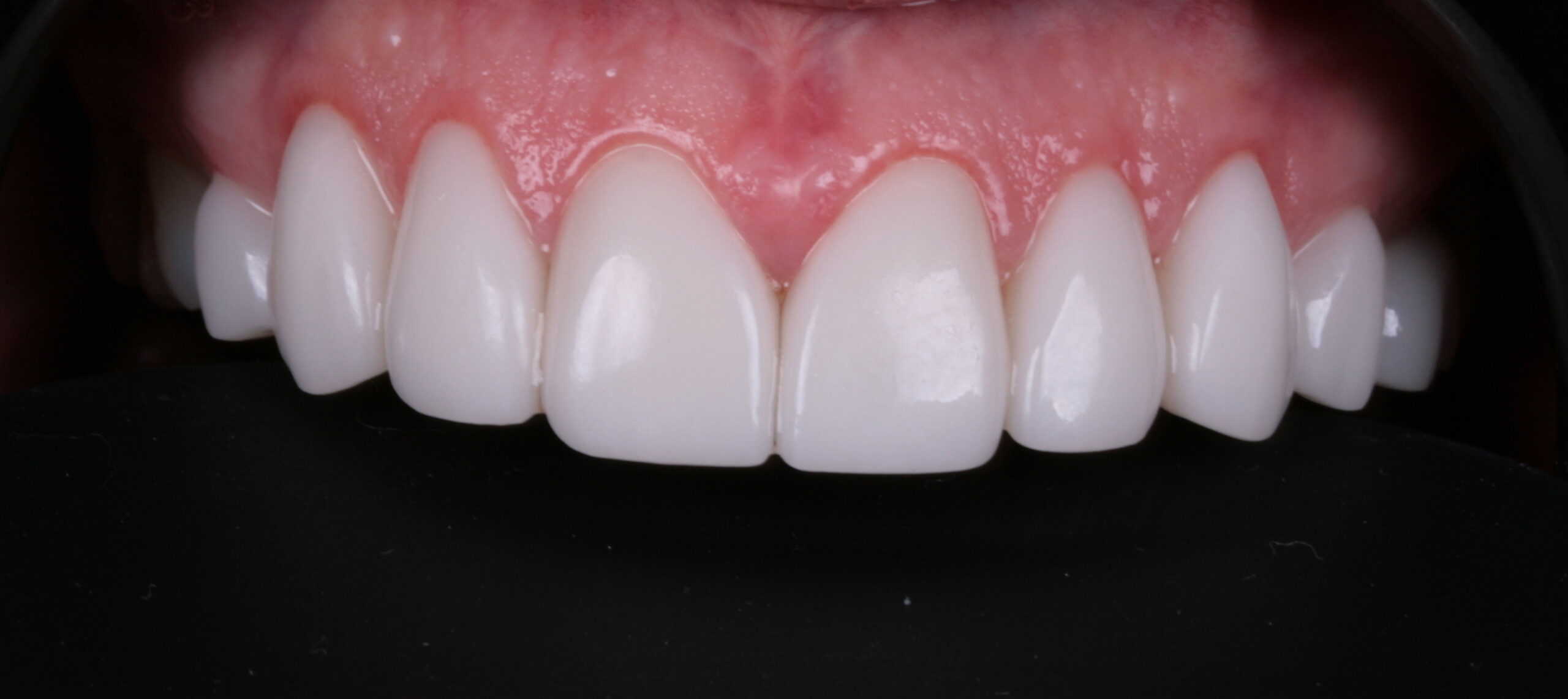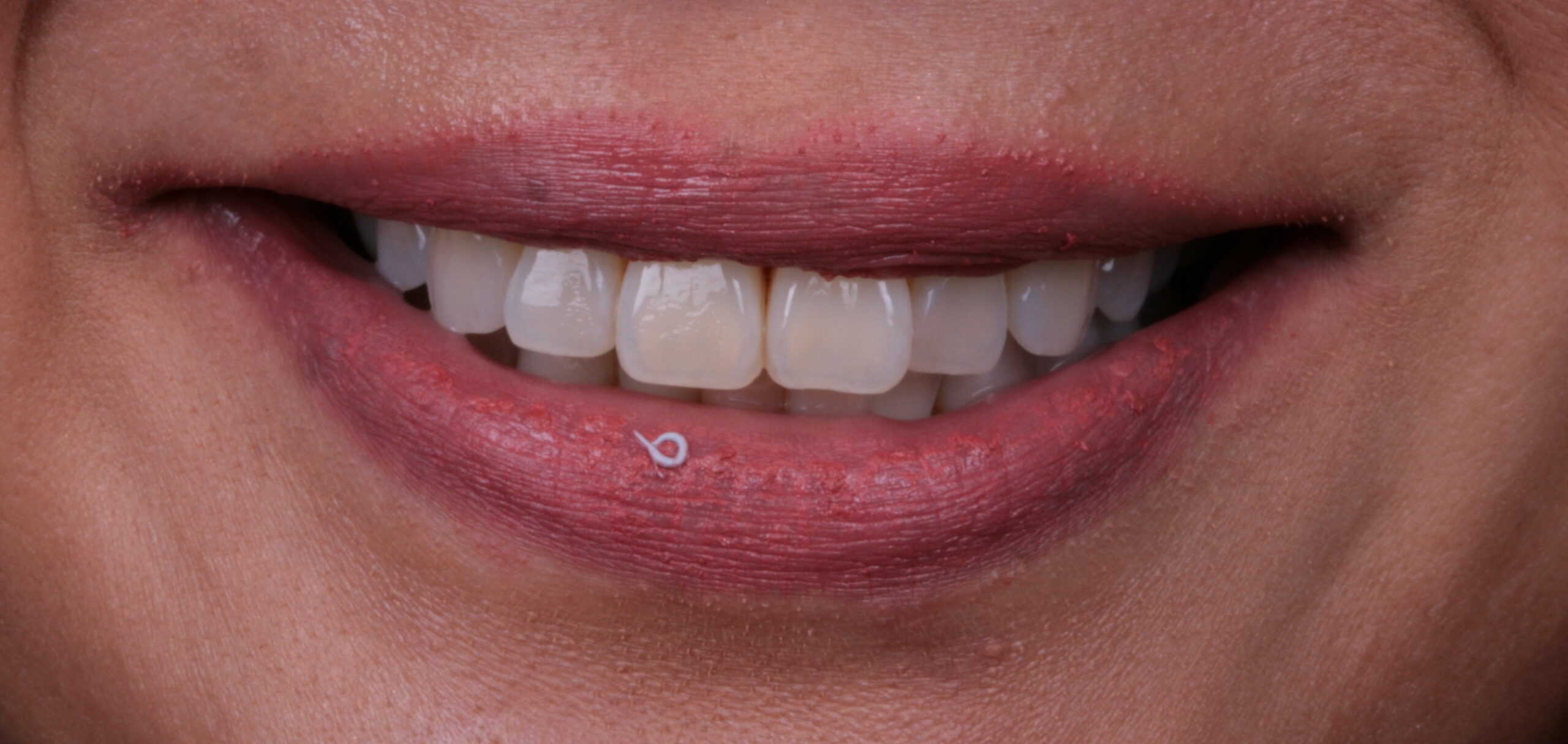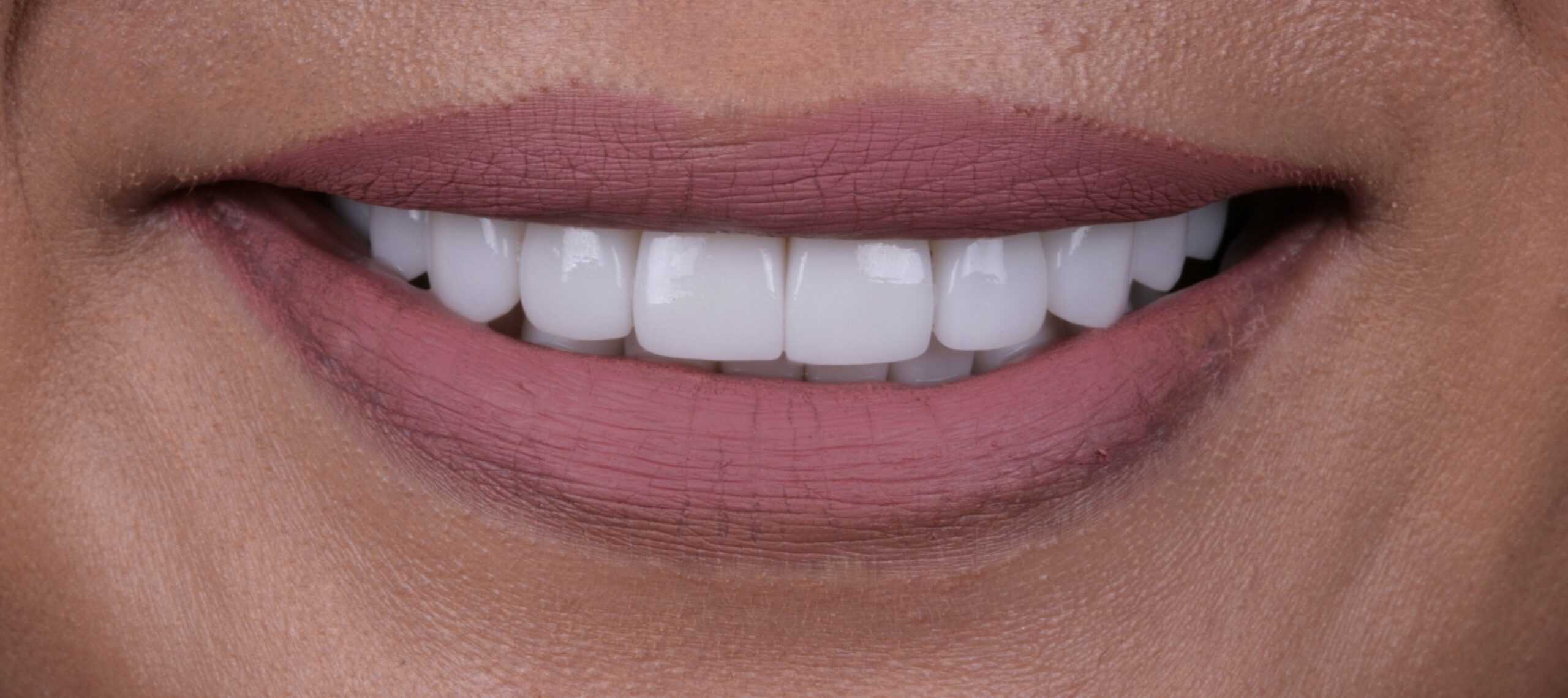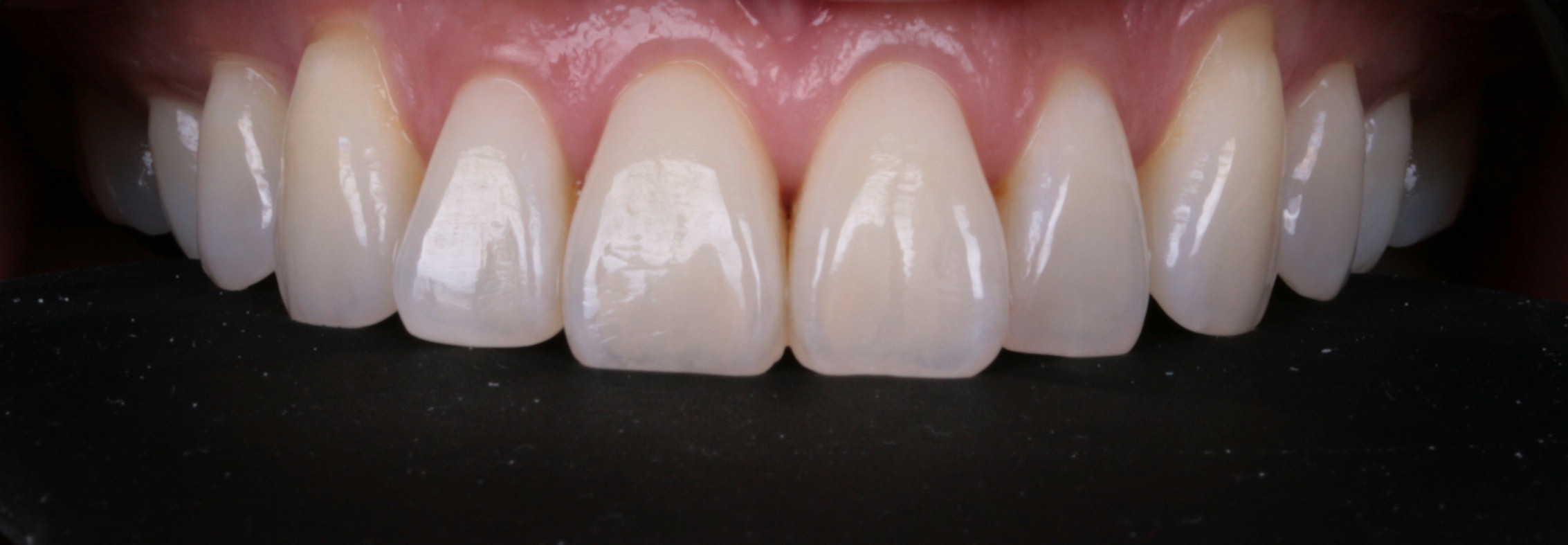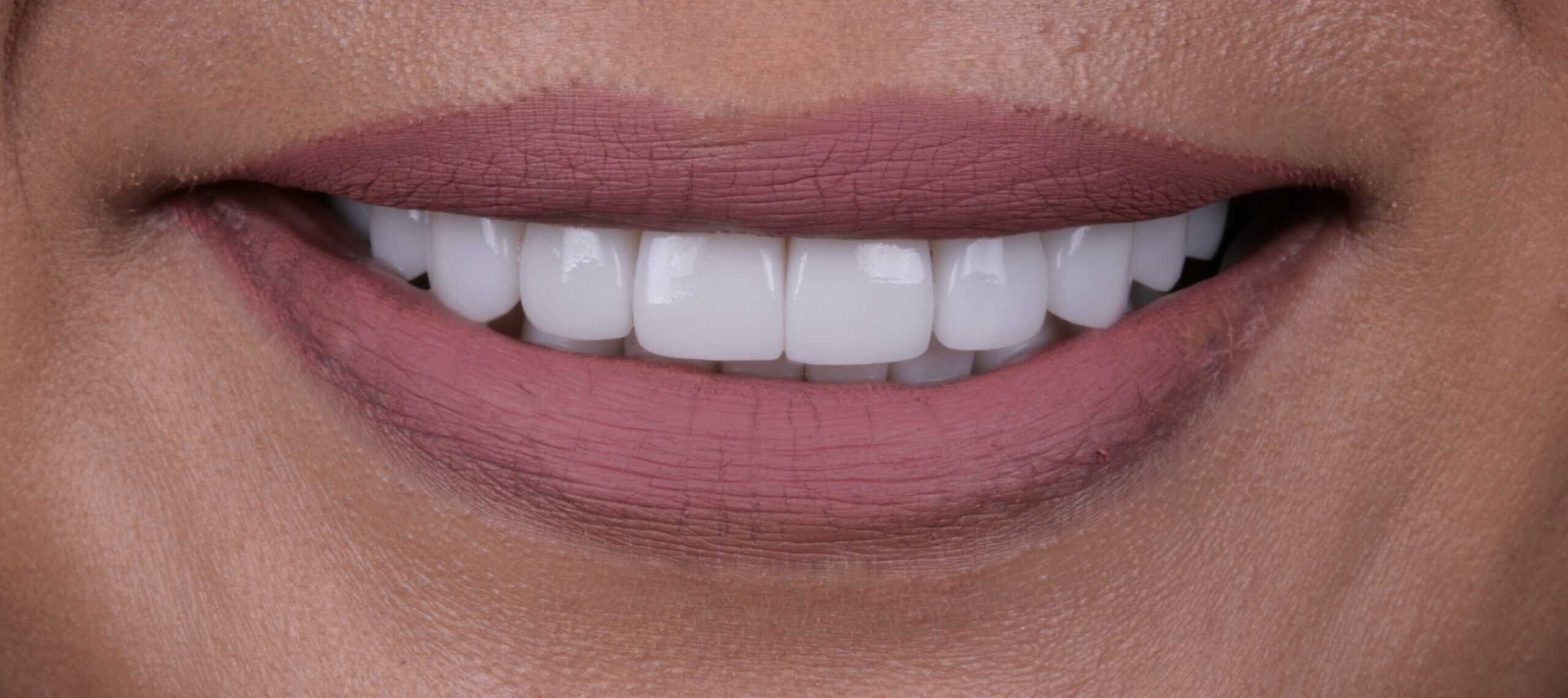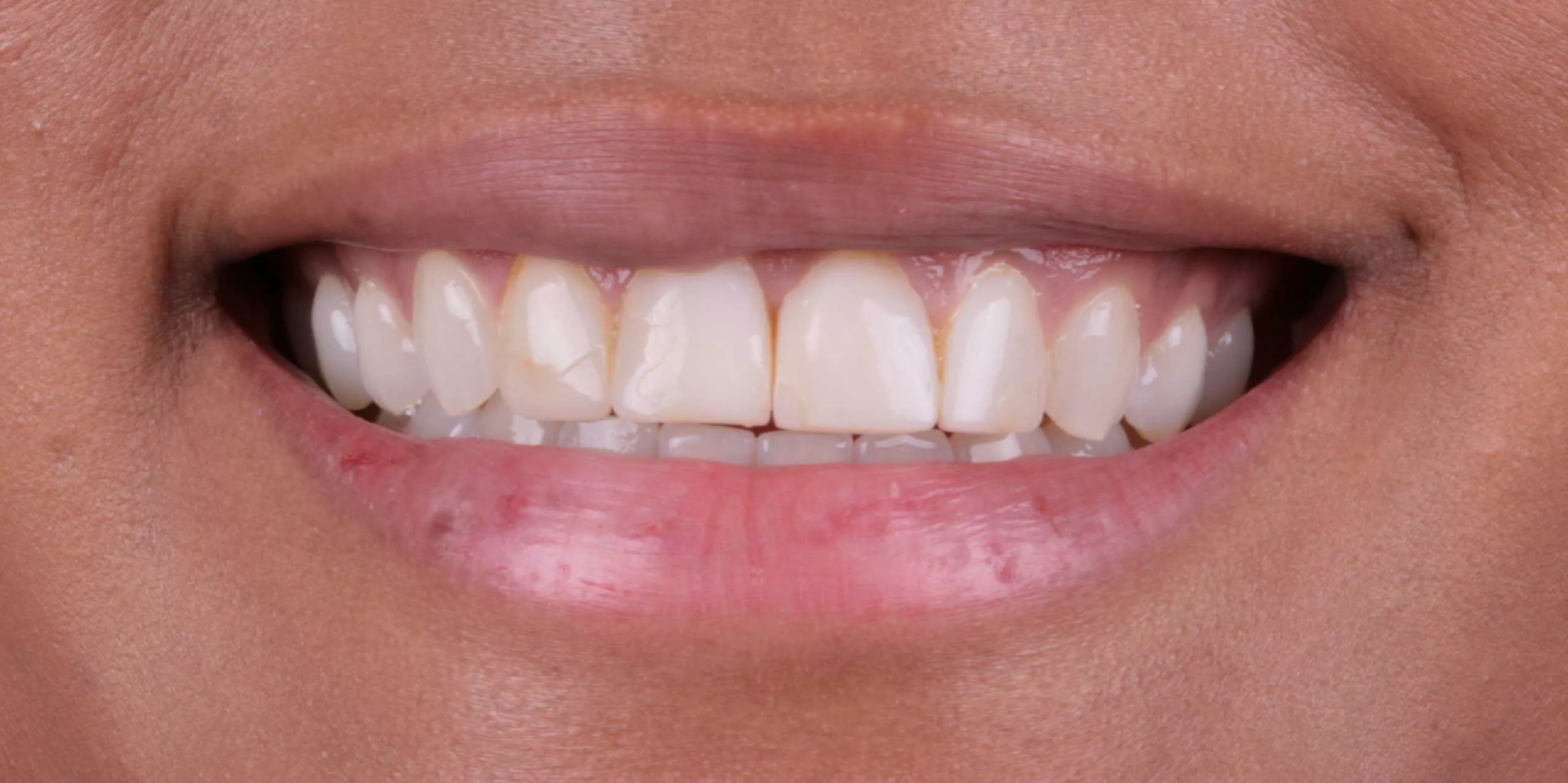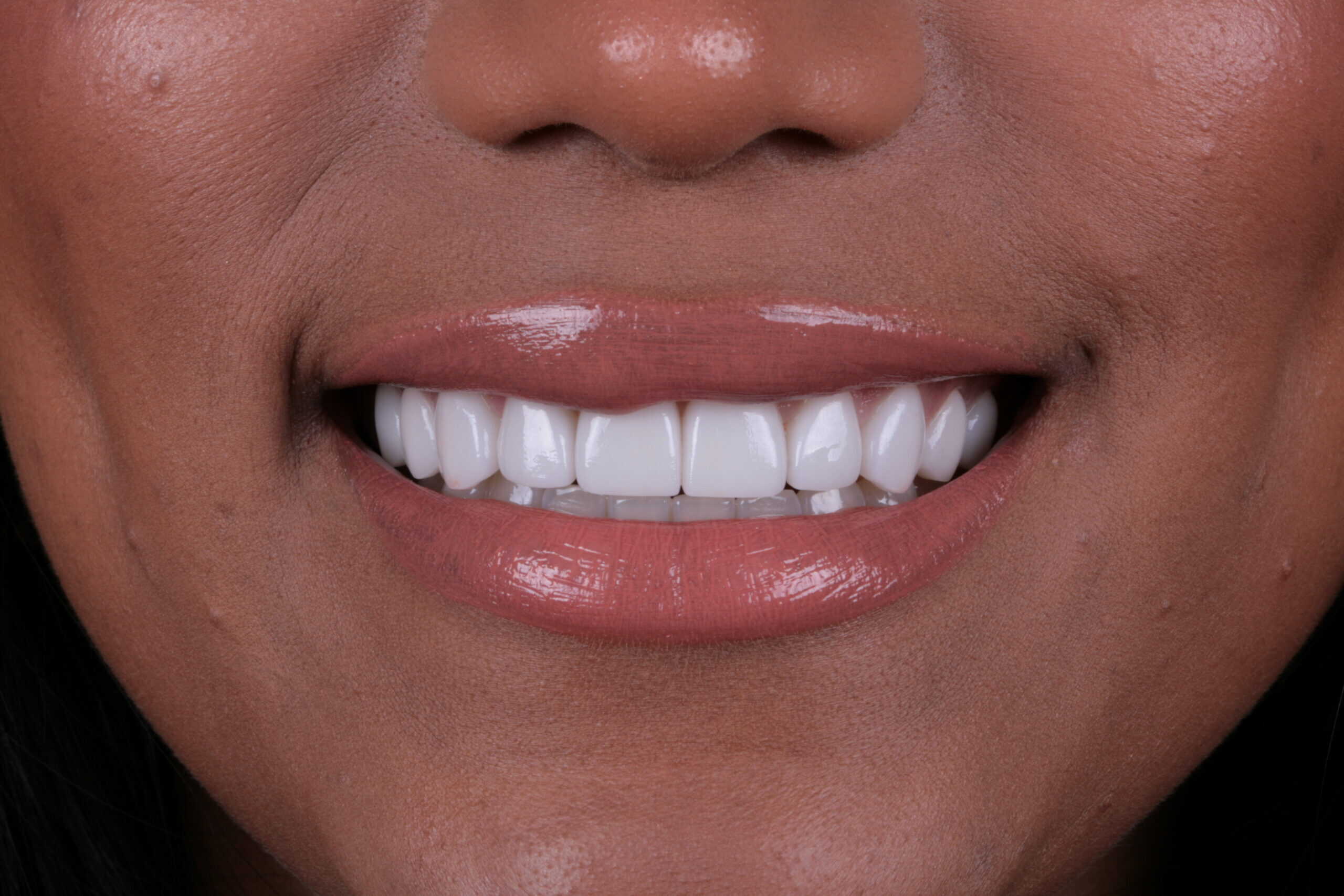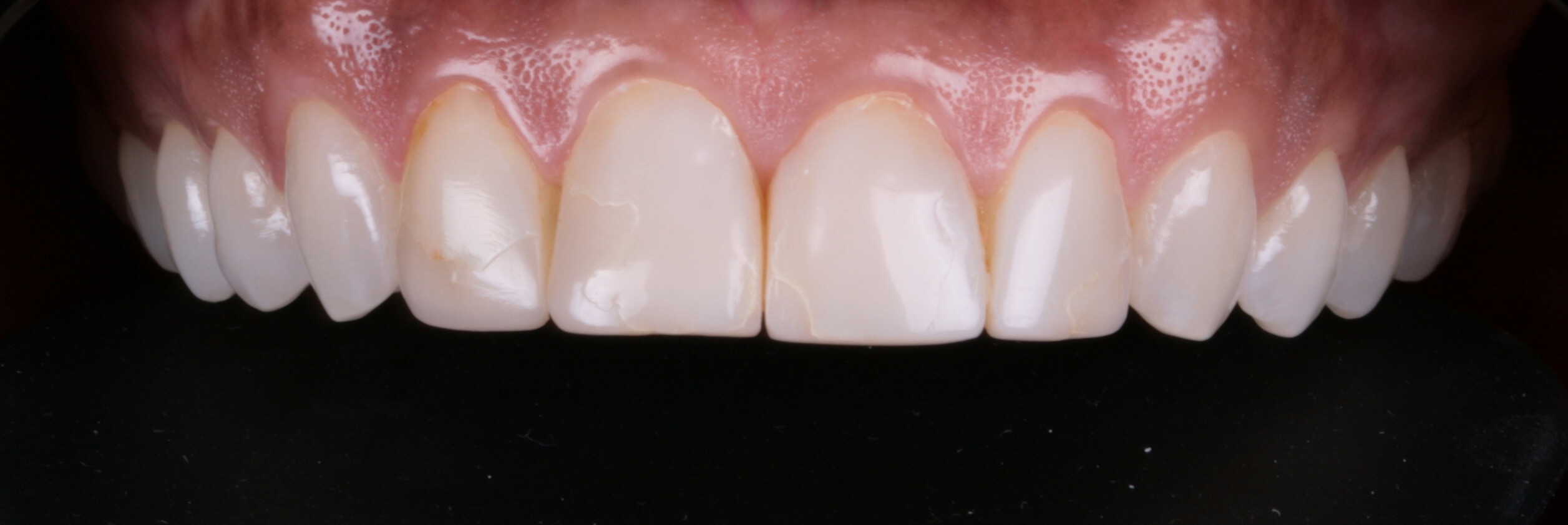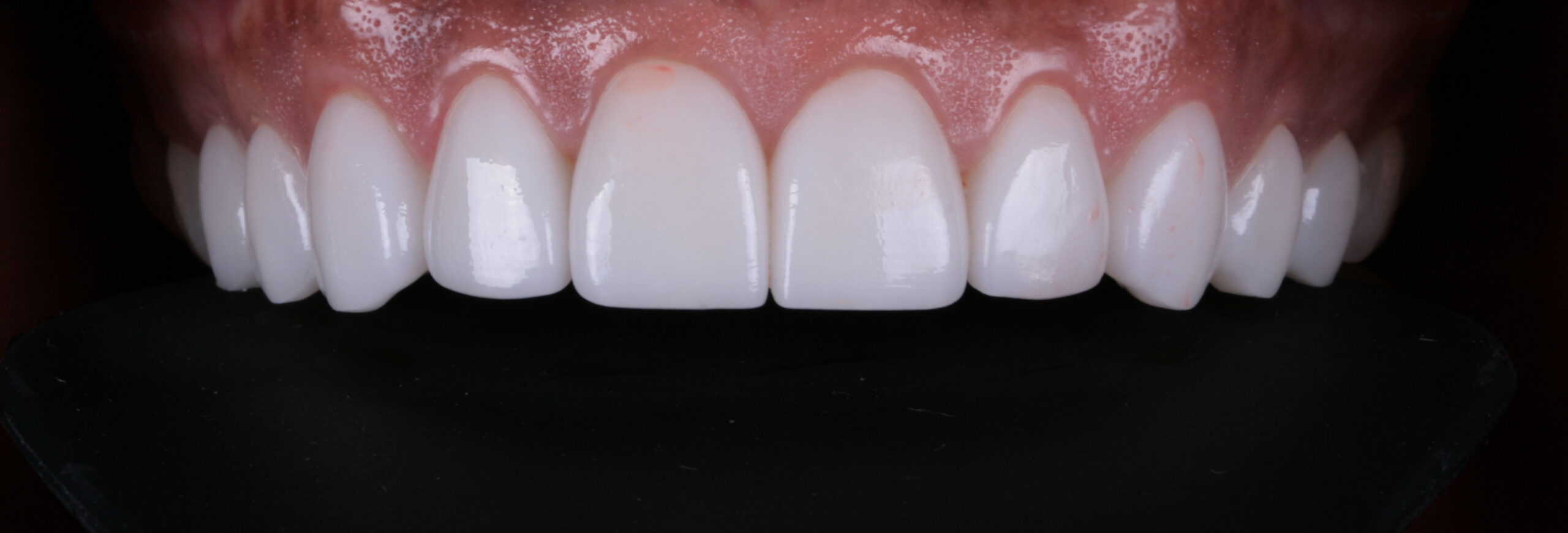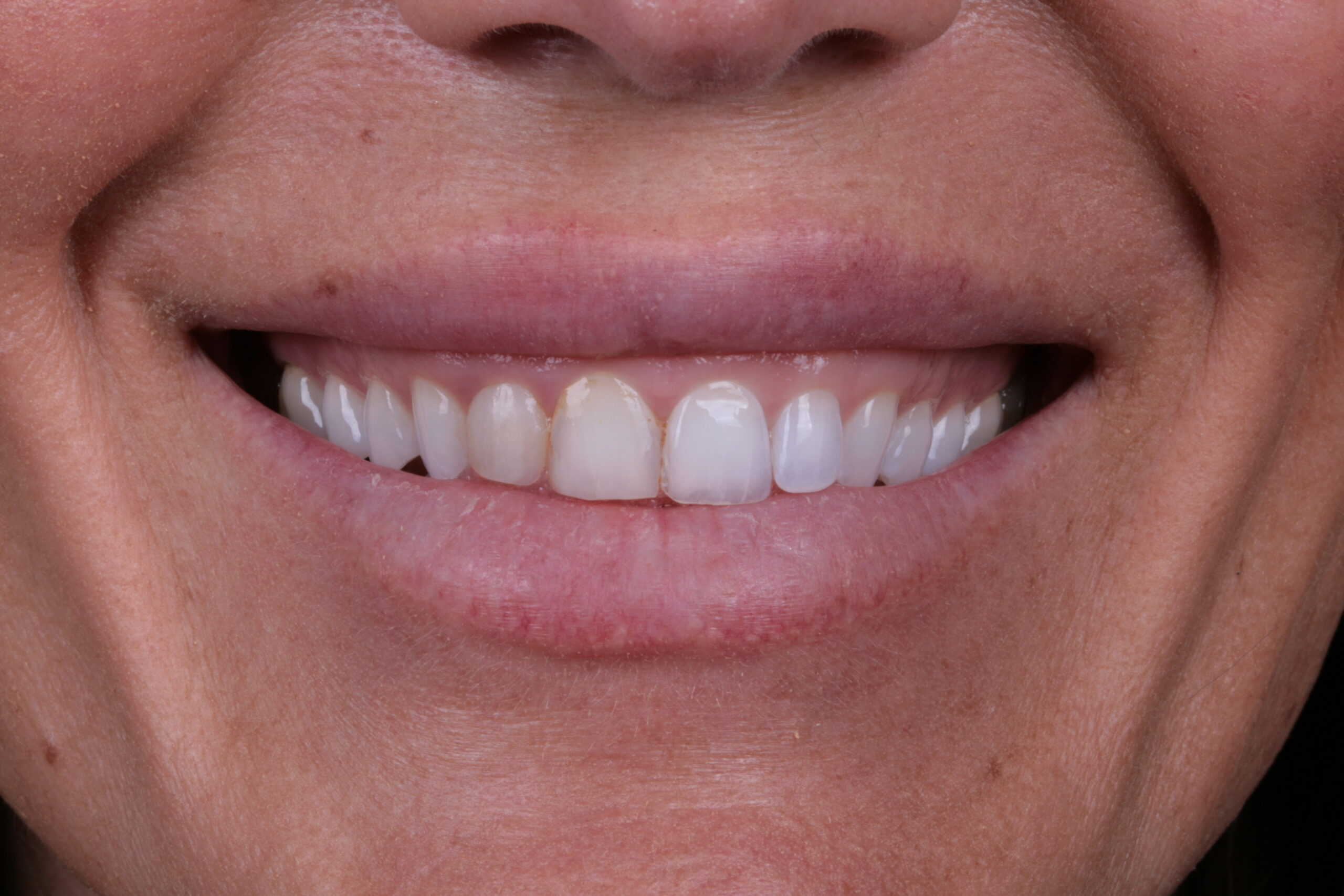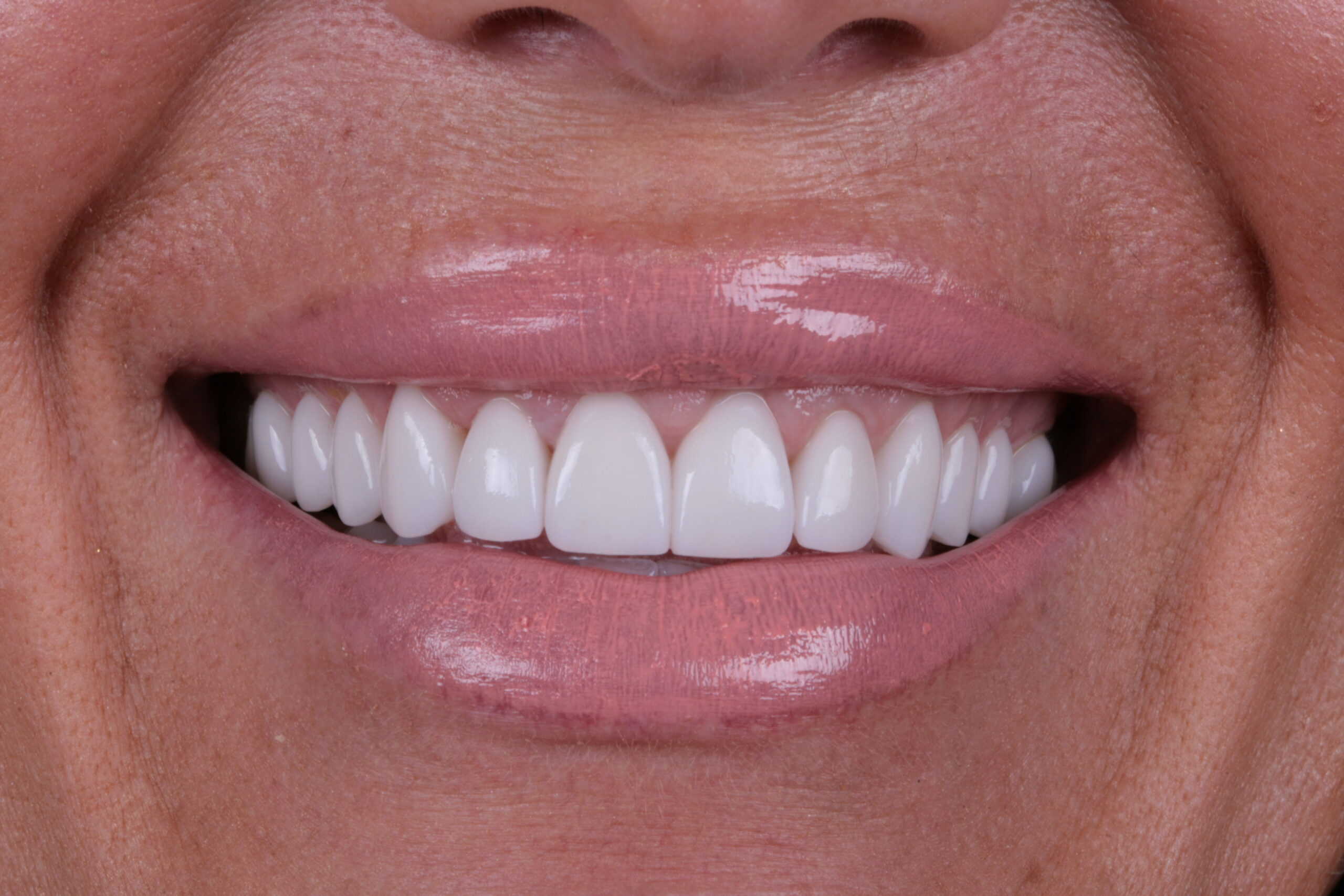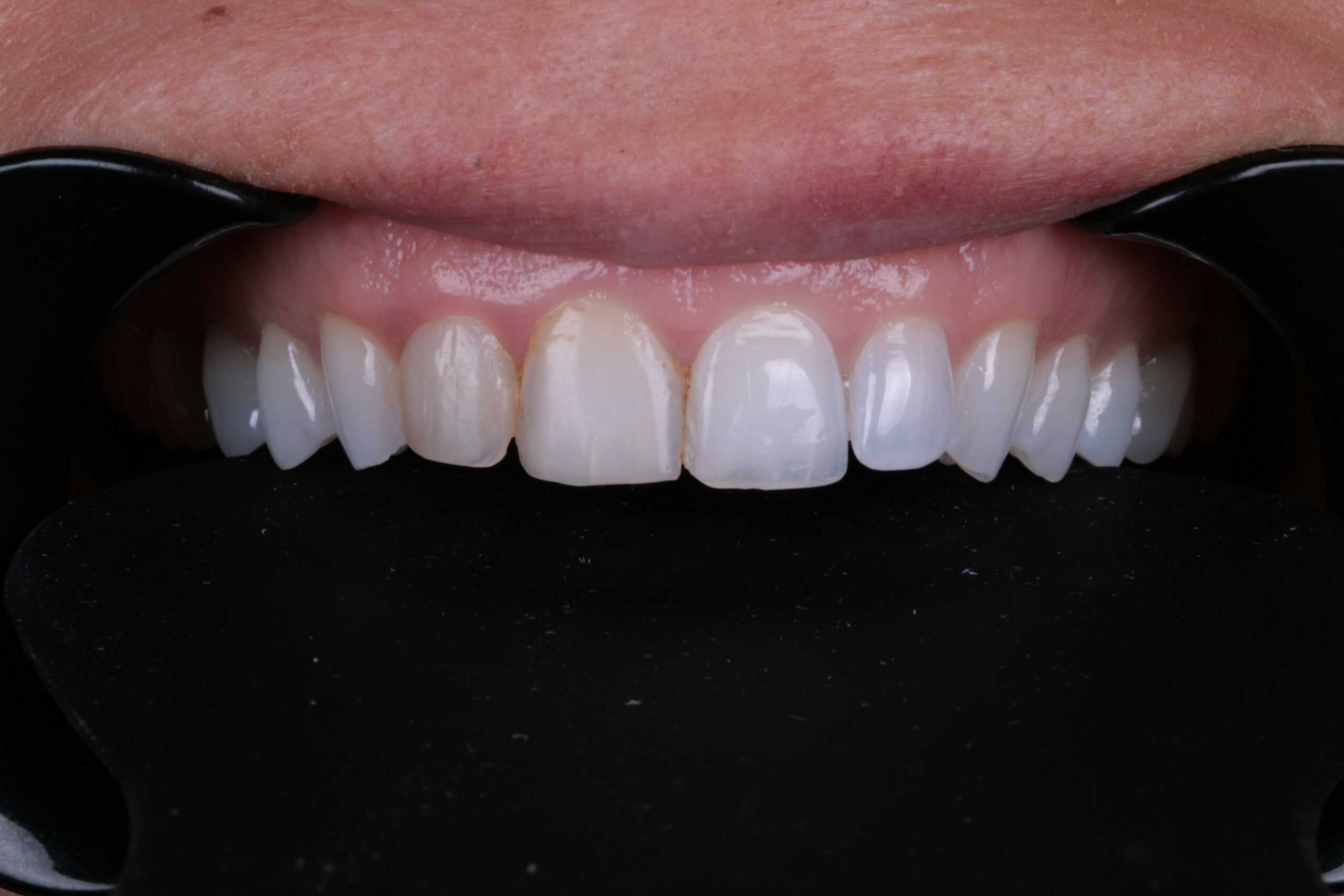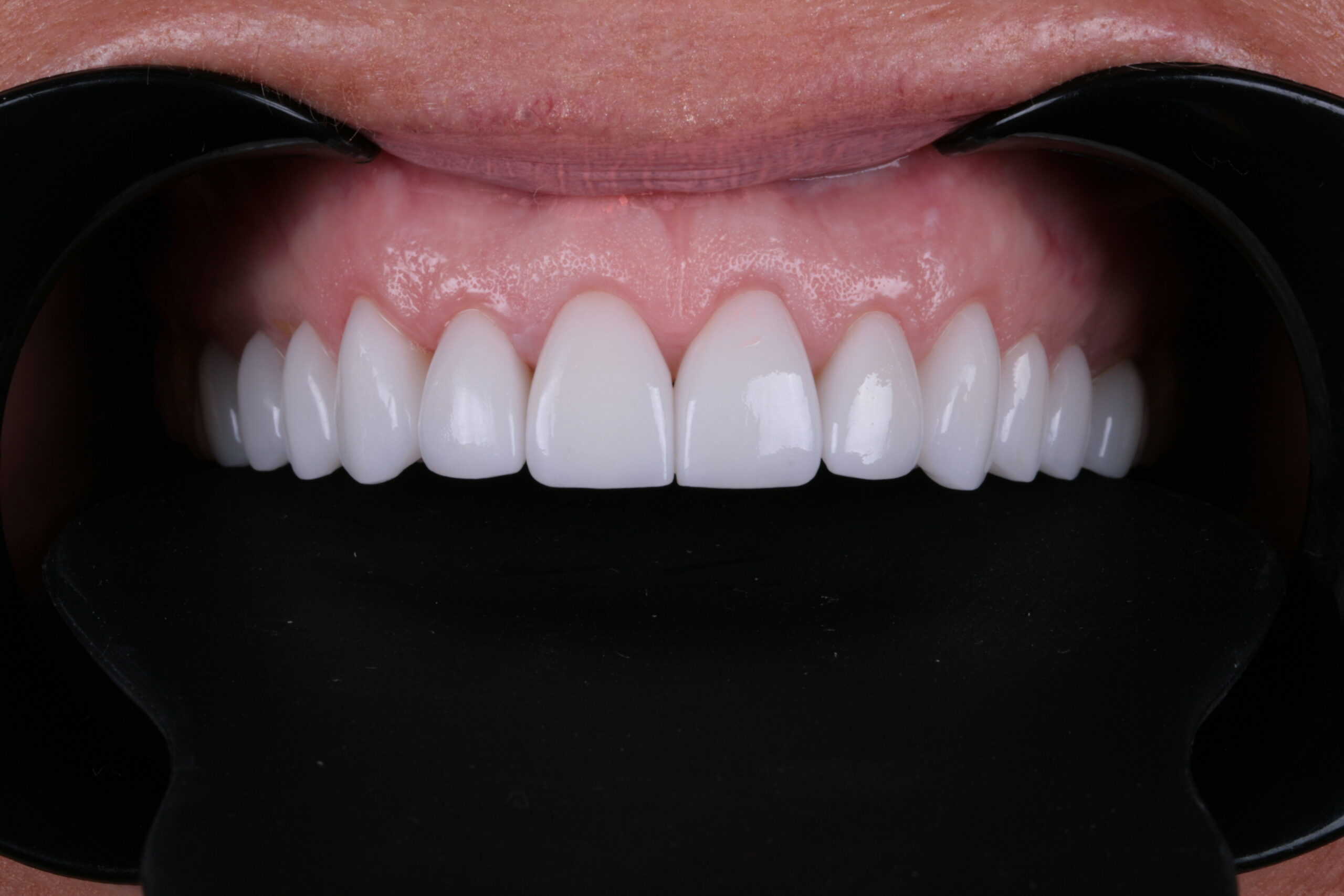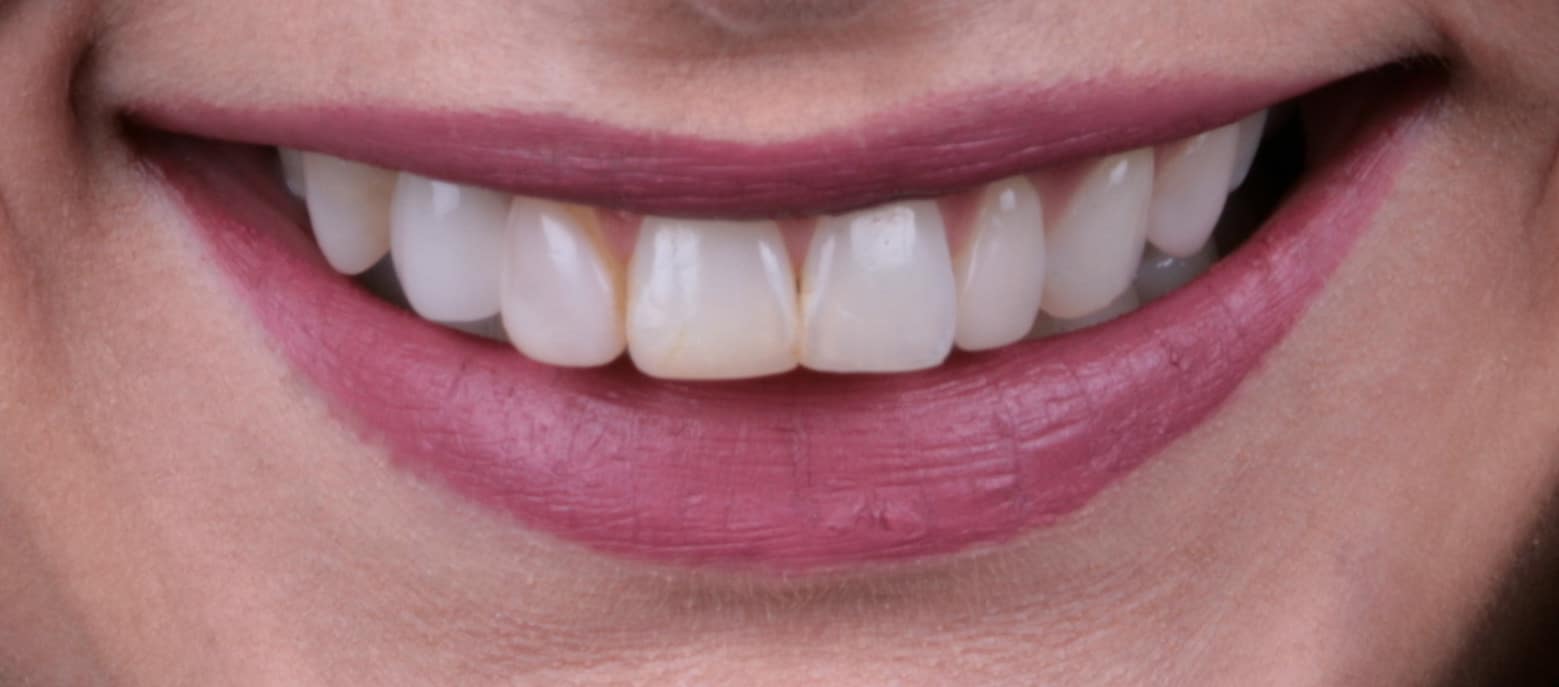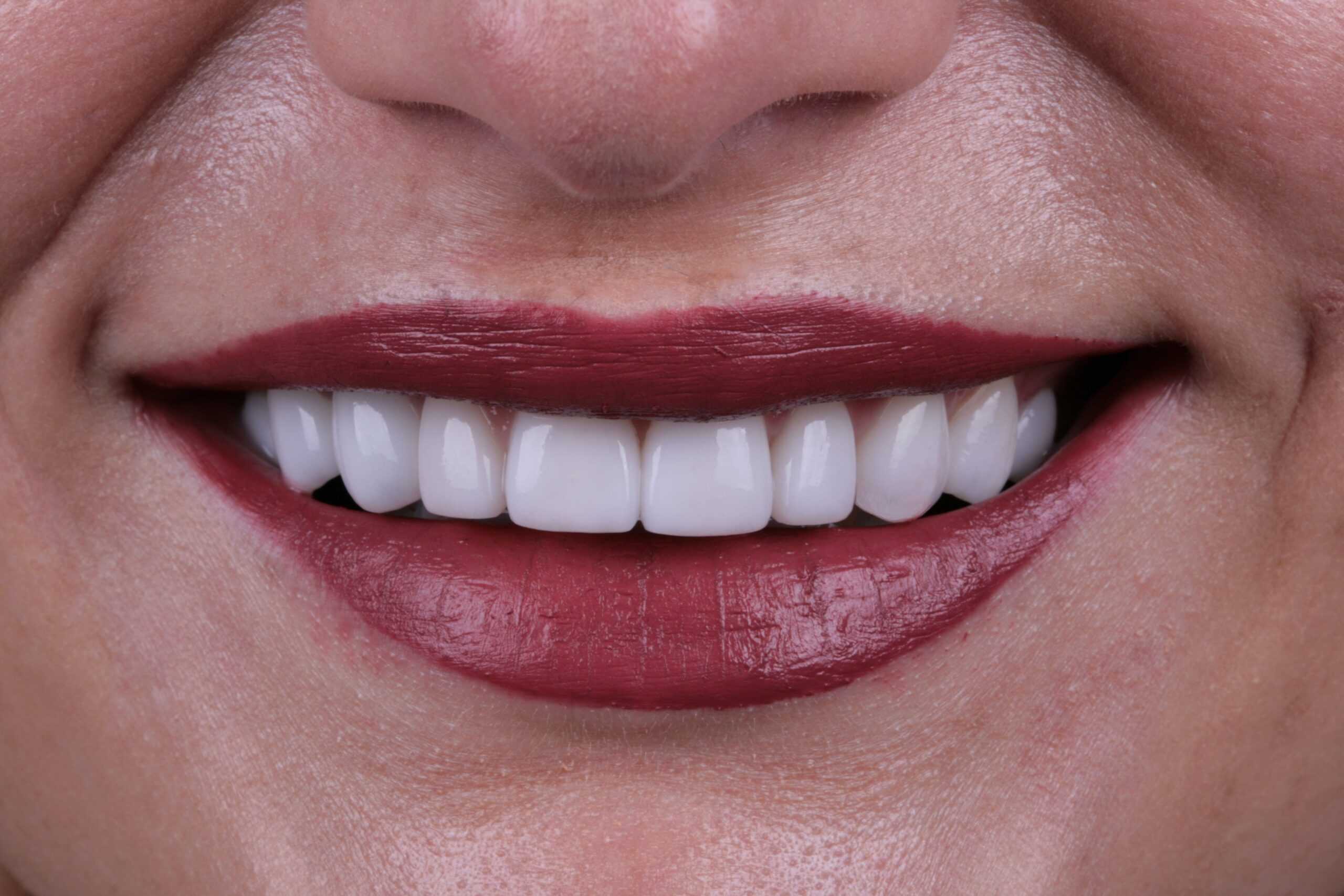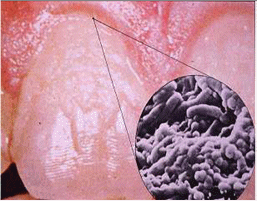
You may be used to being lectured about needing to practice proper oral hygiene each time you go to get a checkup from your dentist. Your dentist emphasizes the fact that you need to properly brush your teeth, and floss on a regular basis to prevent tooth decay, gum diseases, and plaque buildup. You know enough about tooth decay, and many of the gum diseases to know that they are unpleasant factors of bad oral health. Despite your knowledge of the ailments that were mentioned previously, you may find yourself wondering what plaque is and why it is bad for you.
When you eat food and drink each day, you invite thousands of types of bacteria into your mouth. It is completely natural for the bacteria to make your mouth their home, and they continue to breed. As the bacteria live their life, they eventually become plaque, which is a film of bacteria that forms over your teeth. As the plaque continues to exist on your teeth, they excrete acids which are harmful to your teeth and gums which eventually weakens both, causing tooth decay and gum irritation.
How Does Plaque Attack the Gums?
If you don’t brush your teeth and floss on a regular basis, plaque will build up and will begin to burrow into the small openings where your gums surround your teeth. The bacteria in plaque will thrive when it finds its way into the crevices of your teeth and gums, which will likely cause irritation. Your gums may be red, sore, and bleed when you brush your teeth or eat, which is known as gingivitis. Gingivitis can be eliminated if quick corrective action is taken through the help of a dentist prescribing a special antibiotic mouthwash. It is never good to procrastinate when you notice signs of gingivitis because the condition can worsen to a number of other negative conditions which may result in serious infection and loss of teeth.
How You Can Prevent Plaque Buildup
Plaque buildup can be prevented through the practice of proper oral hygiene. Ask your dentist how to brush your teeth properly, while not neglecting to brush near your gums, and make a point of brushing your teeth as many times as you can each day. Flossing plays a major role in the prevention of plaque buildup because it scrapes food particles and existing plaque away from the crevices of your gums and between your teeth. The use of a mouthwash is also beneficial to the prevention of plaque buildup because it kills many of the bacteria which cause plaque, as well as cleaning between the teeth and around your gums.
Be sure to ask your dentist any questions that you may have regarding any concern about your oral hygiene and health. Schedule an appointment with your dentist immediately if you notice plaque buildup or any symptom of gingivitis.

